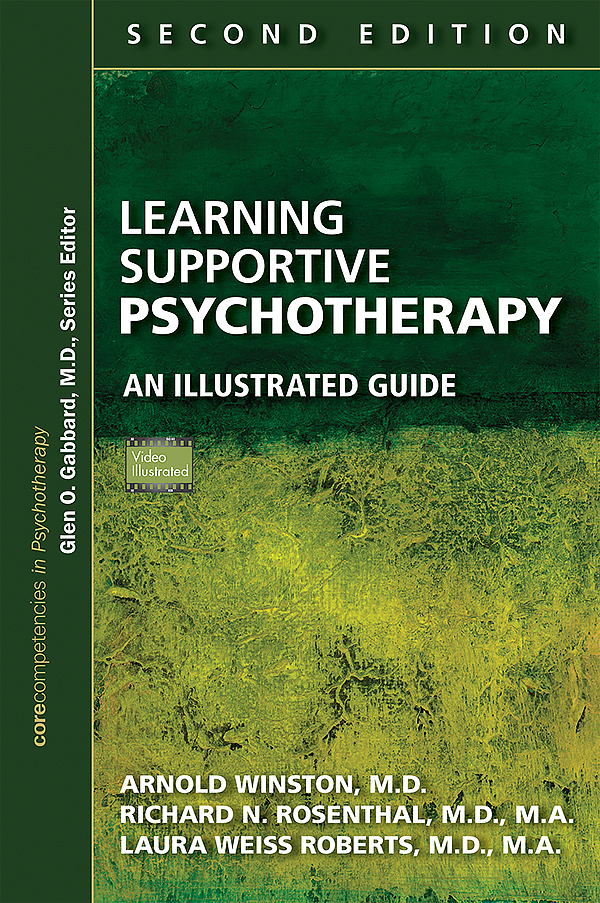Chapter 7.Crisis Intervention
Sections
Excerpt
Crisis intervention began during World War II out of a necessity to treat soldiers exposed to battlefield conditions. In World War I, soldiers with combat fatigue or shell shock (now called traumatic stress disorder) were quickly evacuated from the front lines, without treatment, despite observations that early intervention might reduce psychiatric morbidity (Salmon 1919). These soldiers often regressed or even became chronically impaired. In World War II, soldiers were treated at or near the front lines with crisis intervention techniques and were quickly returned to their combat units (Glass 1954).
Access content
To read the fulltext, please use one of the options below to sign in or purchase access.- Personal login
- Institutional Login
- Sign in via OpenAthens
- Register for access
-
Please login/register if you wish to pair your device and check access availability.
Not a subscriber?
PsychiatryOnline subscription options offer access to the DSM-5 library, books, journals, CME, and patient resources. This all-in-one virtual library provides psychiatrists and mental health professionals with key resources for diagnosis, treatment, research, and professional development.
Need more help? PsychiatryOnline Customer Service may be reached by emailing [email protected] or by calling 800-368-5777 (in the U.S.) or 703-907-7322 (outside the U.S.).



